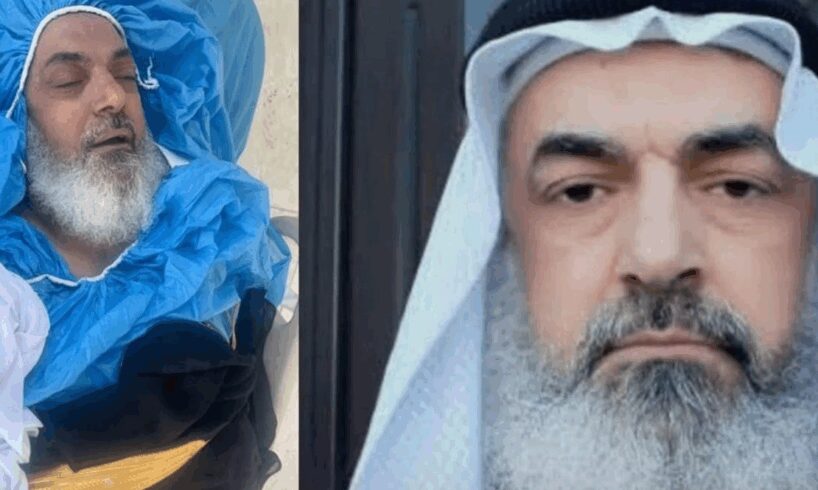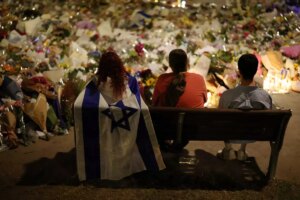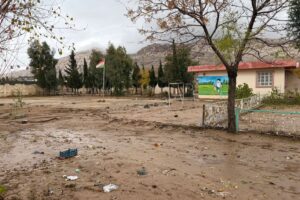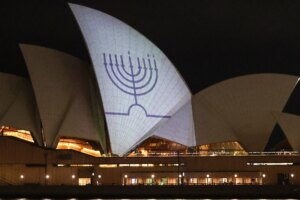
2025-09-15T14:45:19+00:00
font
Enable Reading Mode
A-
A
A+
Shafaq News
The dispute that erupted in Baghdad’s Dora district last
week, ending with the sudden death of Sheikh Abdul Sattar al-Qurghuli, has
sharpened accusations against the Madkhali, a Salafi movement whose influence
in Iraq is both growing and divisive.
Doctors said al-Qurghuli’s death was caused by a heart
condition, but the confrontation has revived debate over whether the Movement
promotes stability through its doctrine of obedience or deepens division by
sidelining competing Sunni voices.
Other accounts for the Sheikh’s death have surfaced –
Mustafa al-Bayati, Head of Baghdad’s Al-Adamiyah Imams’ Council, told Shafaq
News that al-Qurghuli was “assaulted inside the mosque by extremists from the
Madkhali trend.” Sheikh Dhakir al-Hasawi, Imam of Mosul’s al-Nuri Mosque,
went further, describing the incident as a “deliberate assassination attempt”
and warning that the group could become “more dangerous than ISIS” if left
unchecked.
By contrast, Sheikh Ahmad Dahham, assistant preacher at the
same Dora mosque, said al-Qurghuli had long suffered from heart problems and
collapsed following a verbal dispute, denying any attack.
Iraq’s National Security Council in May 2025 classified the
Madkhali as a threat to community peace, though political pressure later eased
enforcement. Following al-Qurghuli’s death, the Joint Operations Command formed
a committee — including the Interior Ministry and National Security — to
investigate, after several suspects were detained.
Read more: Death of Baghdad Imam amid mosque dispute: WHAT WE KNOW SO FAR?
Origins and Doctrine
The movement takes its name from Saudi cleric Rabee
al-Madkhali, known for advocating unconditional obedience to rulers and
rejecting political activism. His writings dismiss elections, protests, and
rebellion as destabilizing, while labeling armed uprisings against authority as
grave sins.
Madkhalis portray themselves as defenders of order who
reject jihadist violence. Yet their rhetoric against fellow Sunnis — often
branding them as heretical or seditious — has fueled disputes as much as it
claims to suppress them.
Their presence in Iraq grew after the 2003 US-led invasion,
when the collapse of state institutions created space for competing currents.
Alongside Islamists, jihadists, and traditional Salafis, Madkhalis gained
footholds in Baghdad, al-Anbar, and Nineveh. Over time, they secured access to
mosques through the Sunni Endowment, a development that has split
congregations, especially during Friday sermons.
Sermons and Discourse
Madkhali preachers in Iraq echo global themes: loyalty to
rulers, rejection of political movements like the Muslim Brotherhood, and
denunciation of jihadist groups such as al-Qaeda and ISIS. They also oppose
federalism and decentralization, framing them as disguised efforts to divide
the country.
Beyond the pulpit, adherents run active online platforms
that spread fatwas and polemics, often intensifying rivalries before they spill
into neighborhoods.
The sect’s relations with other Sunni currents remain
fraught. Iraq’s Salafi Movement has distanced itself, accusing Madkhalis of
deepening rifts. Political Islamists regard them as obstacles to reform, while
jihadists depict them as collaborators with governments.
This alignment with state authority has provided the
Movement with protection, but also fueled resentment in local communities.
For Iraqi authorities, the Madkhali Movement is both an
asset and a liability. While its doctrine of obedience aligns with state
security interests, its efforts to dominate mosque pulpits and its
confrontations with rivals risk inflaming tensions within the Sunni community.
Written and edited by Shafaq News staff.





